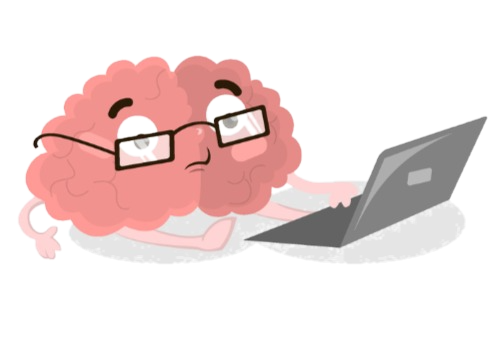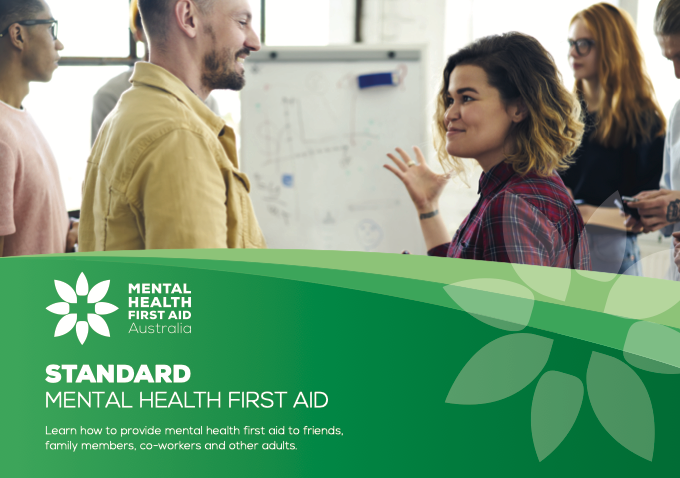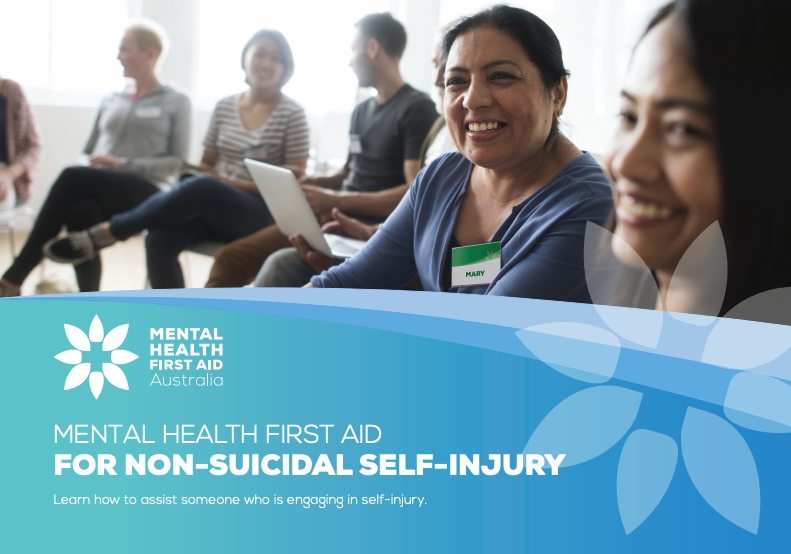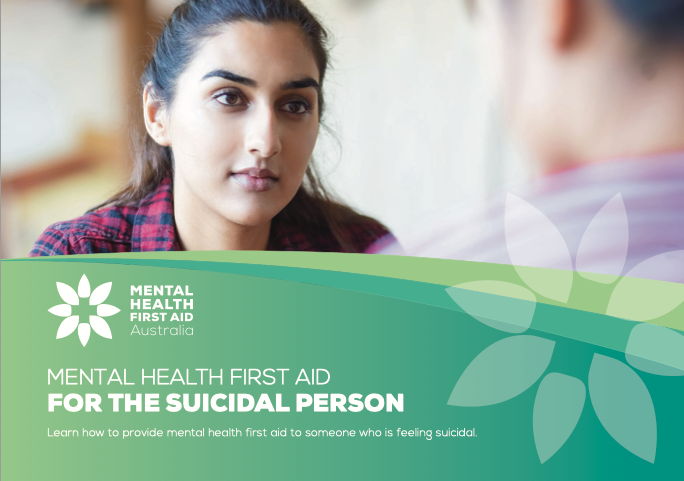Menu
Variety of courses which are suitable for health professionals, community, workplaces and families, along with different modes of delivery to suit.
Private community and workplace courses available – please get in touch with our education team to discuss: education@thrivinginmotion.org
100% profits from education courses support exercise programs for young people.

Learn how to assist adults who are developing a mental health problem, experiencing a worsening of an existing mental health problem or in a mental health crisis, until appropriate professional help is received or the crisis resolves.
The 12-hour Standard Mental Health First Aid course is for any interested adult. This course is based on guidelines developed through the expert consensus of people with lived experience of mental health problems and professionals.
Developing mental health problems covered are:
Mental health crisis situations covered are:
Course variations including community, workplace, and tertiary.

Upcoming Dates:
Cost:
Learn how to assist adolescents who are developing a mental illness, experiencing a worsening of an existing mental health problem or in a mental health crisis, until appropriate professional help is received or the crisis resolves.
The 14-hour Youth Mental Health First Aid Course is for adults who work, live or care for adolescents, such as school staff, parents, sports coaches, community group leaders and youth workers. This course is based on guidelines developed through the expert consensus of people with lived experience of mental health problems and professionals.
Developing mental health problems covered are:
Mental health crisis situations covered are:

Learn how to identify, approach and support someone who is engaging in self-injury using a practical, evidence based Action Plan. You will also have the opportunity to practise your new skills in a safe environment.
The term ‘non-suicidal self-injury’ (NSSI) describes a behaviour where a person deliberately or purposefully hurts themselves. It is used to refer to self-injury that is not intended to result in death.
This 4-hr course is based on guidelines developed through the expert consensus of people with lived experience of mental health problems and professionals.
Topics Covered:

Upcoming Dates:
Learn how to identify, approach and support someone who is experiencing suicidal thoughts and behaviours using a practical, evidence based Action Plan. You will also have the opportunity to practise your new skills in a safe environment.
This 4-hr course is based on guidelines developed through the expert consensus of people with lived experience of mental health problems and professionals.
Topics Covered:

Upcoming Dates:
Thriving acknowledges all Aboriginal and Torres Strait Islander Traditional Custodians of Country and recognises their continuing connection to land, sea, culture and community. We pay our respects to Elders past, present and emerging.
Thriving is committed to embracing diversity and eliminating all forms of discrimination through education and inclusive communities. We welcome all people and are respectful of individual identities.